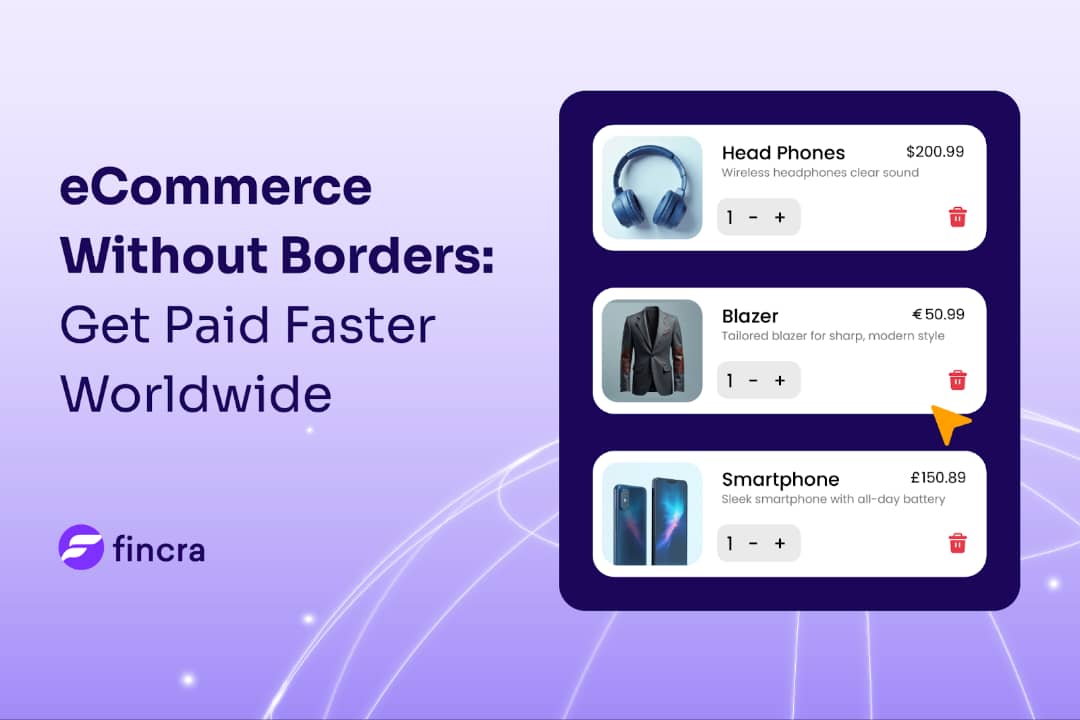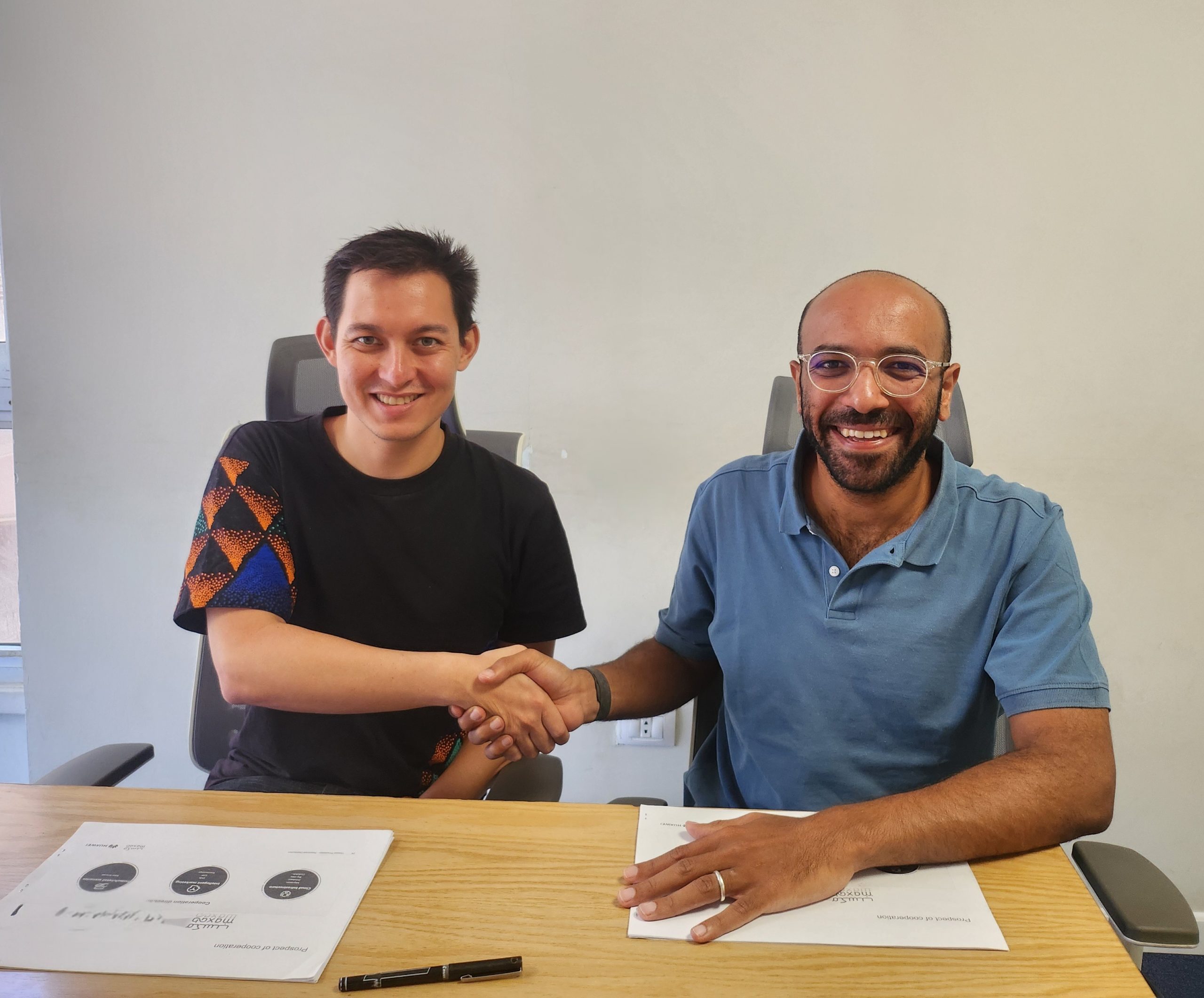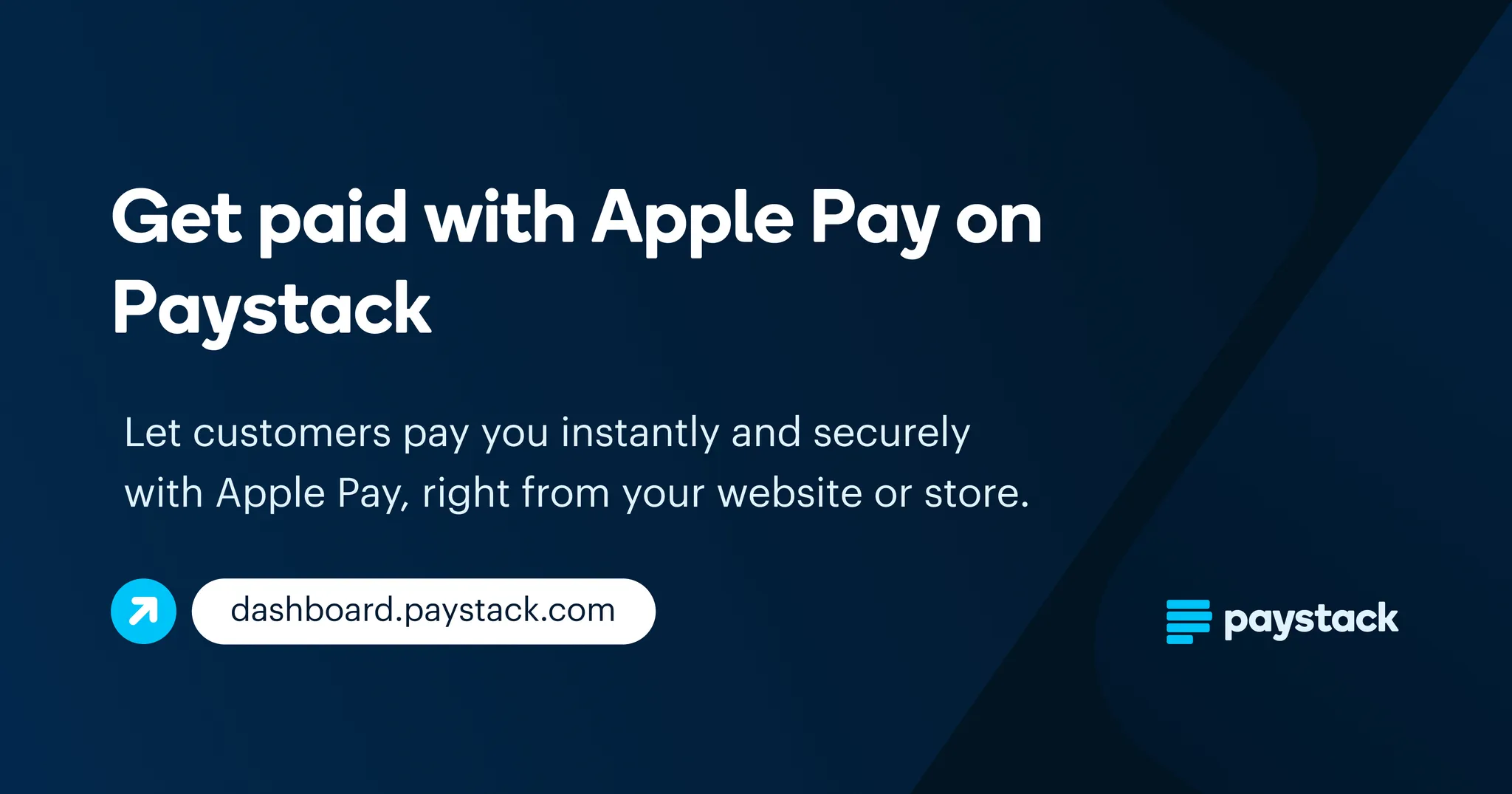

TGIF. 
America’s former face of chipmaking craftsmanship is having a topsy-turvy year, but yesterday’s news brought green uptrends for investors and smiles on faces. Intel, once the undisputed king of silicon, is now balancing between a high-profile $5 billion investment from Nvidia, a $3.5 billion lifeline from the White House, and political drama that saw Donald Trump hint (perhaps bluff? Or maybe not) at forcing CEO Lip-Bu Tan off the board over his China ties.
There were also advanced talks last year about a potential takeover by Qualcomm, a reminder of how vulnerable the company has become. Yet by virtue of Washington’s money, Intel has effectively become too hard to fail. The question is: what’s ahead for one of America’s most important tech giants firms?

Features
Quick Fire  with Olayide Babayemi
with Olayide Babayemi

Olayide Babayemi is a conference producer at the Dubai World Trade Centre, where she helps bring some of the world’s biggest technology gatherings to life. She has worked directly on GITEX Africa and GITEX Nigeria, curating conversations that bring together innovators, investors, policymakers, and business leaders.
She first cut her teeth organising events for the Society of Petroleum Engineers (SPE), where she put together seminars and stakeholder engagement sessions that shaped the future of the world’s oil, gas, and energy industries across several countries.
- Explain your job to a five-year-old.
Being a conference producer is like being a person who plans a massive party, but without a birthday cake, music, toys, and a bouncy castle. Instead, my party has a lot of people who like to share and discuss ideas about their work. I invite all these people as the ‘special guests’ to my party, and I also decide the themes and manage the schedule. It’s my job to make sure everything runs smoothly and everyone who attends has fun!
- What excites you most about working on GITEX Africa and GITEX Nigeria?
Seeing how much Africa has to offer itself (first) and the rest of the world. I’m most excited that each edition allows me to contribute to shaping positive and authentic narratives about the continent; it’s a rewarding feeling.
- What has been your proudest moment so far as a conference producer?
LOL! Surviving! Conference production is complicated and sometimes complex work. Still, it’s most rewarding when speakers and delegates tell me how well organised, impactful, and enjoyable the event has been, proving that I actually know what I’m doing.
- What is the toughest challenge you have faced in producing large-scale events, and how did you overcome it?
Accepting that changes will occur between inception and execution was challenging for me early on in my career. Over time, I’d realise that as an events professional, my job is first and foremost people management, before it’s about my carefully thought-out words, detailed schedules, and pretty stages.
- How do you decide which themes or speakers deserve the spotlight at an event?
It starts with an overarching theme for the show from the management team, and then I conduct research for my specific sector stage(s). Reading, listening to industry experts, observing trends, and identifying value-add inform what I end up producing. My primary goal is to ensure that anything I come up with aligns with the overall theme/outcome for the event.
- What is one skill you rely on the most when deadlines are tight and pressure is high?
Figuring and refining a system that works, for example, I use Post-it notes to track my tasks. I also strive to set realistic expectations for deadlines.
- What does success look like for you at the end of an event?
Still having a smile on my face at the end of an event.
- What is one behind-the-scenes detail that people would be surprised to learn about conference production?
I don’t know if this is something that people would be surprised about. Still, it surprises me (all the time) — the amount of time it takes to organise a two, four, or five-day event is astonishing.
- Outside of work, what brings you joy or keeps you grounded?
Enjoying hearty gist, over good food with fantastic company. So refreshing.
- What’s something you love doing that you’re not great at? And what’s something you don’t love doing but are great at?
I love drawing, but I’m not the best, so I doodle patterns and shapes instead. A pen is a pen, and a win is a win. Right?
Cooking [for myself] is my least favourite thing at the moment, but I’m great at it. Interestingly, I’d much prefer to cook for friends and family.
eCommerce Without Borders: Get Paid Faster Worldwide

Whether you sell in Lagos or Nairobi, customers want local ways to pay. Let shoppers check out in their local currency, using cards, bank transfers, or mobile money. Set up seamless payments for your global online store with Fincra today.
Policy
Nigeria’s crypto tax hammer drops

Nigeria is putting numbers behind its uneasy dance with crypto.
Under the new Nigeria Tax Administration Act 2025 (NTAA), Virtual Assets Service Providers (VASPs) who fail to comply face a ₦10 million ($6,693) fine in the first month, ₦1 million ($669) for every month after, and the risk of losing their licences.
What is the Nigeria Tax Administration Act (NTAA)? It’s the latest tax reform signed in June 2025 to overhaul the country’s fiscal framework. For VASPs, it creates a direct tax compliance regime taking effect in 2026.
Why this? Nigeria needs money. The country’s tax-to-GDP ratio is stuck under 10%, and the government is hoping these new tax laws will lift that figure to 18% by 2027.
Nigeria’s weird relationship with the crypto sector. Officials have long blamed the sector for fuelling naira volatility, tax evasion, and terrorism financing, and in 2021, Nigeria’s Central Bank (CBN) banned financial institutions from facilitating all crypto transactions. The ban was lifted in December 2023, after the volume of crypto transactions grew 9% to $56.7 billion between July 2022 and June 2023. In March 2025, digital assets, including cryptocurrencies, became officially recognised as securities under Nigerian legislation. Now, they want crypto to pay its way.
What does this mean? The rules tighten the leash on crypto operators. Compliance will look a lot like running a bank, with mandatory tax registration, reporting suspicious transactions, stricter Know Your Customer (KYC) requirements, and seven-year record-keeping. Users may have to pay higher charges as platforms often pass down costs imposed on them.
Shop anywhere with Paga’s physical prepaid card

Own every checkout with Paga’s Physical Prepaid Card. Suitable for all your security and speed needs. Just fund, shop, and pay anywhere with confidence. Get yours today.
Startups
Wasoko co-founder steps down

Daniel Yu, who co-founded Wasoko in 2013, is leaving his full-time role at the Kenyan B2B e-commerce company after over a decade of building it into one of Africa’s largest retail-tech startups. His exit comes a year after the startup merged with Egypt’s MaxAB. Leadership now rests with MaxAB’s co-founder, Belal El-Megharbel.
Wasoko’s rise was anchored in solving distribution bottlenecks for informal retailers, giving small shops access to fast-moving consumer goods (FMCG) through tech-enabled ordering and delivery.
Between the lines. Integrating both businesses hasn’t been easy. Wasoko has restructured, exited the Zanzibar market, cut jobs, and had top executives depart in early 2024. Still, with $230 million raised and a $625 million valuation pre-merger, the company carries significant weight in Africa’s e-commerce space. In 2024, the joint company acquired Fatura, an Egypt-based B2B e-marketplace.
Zoom out: Yu’s departure marks the end of a founding era, but Waoko’s next chapter will be defined by whether it can achieve stability and long-term dominance. The path ahead is in MaxAB’s hands, which now sets the agenda for what comes next in Africa’s e-commerce race.
Accept Payments with Apple Pay on Paystack!

Anyone can get paid globally. With Paystack and Apple Pay, let customers pay you instantly and securely from 60+ countries. Get started here →
Insights
Funding Tracker

This week, Kredete, a Nigerian fintech, raised $22 million in Series A funding. The round was led by AfricInvest through its Cathay AfricInvest Innovation Fund (CAIF) and Financial Inclusion Vehicle (FIVE), with participation from Partech and Polymorphic Capital. (Sep 15)
Here’s the other deal for the week:
- DONE, a Moroccan food delivery startup, announced the successful close of a $2.1 million seed round, backed by undisclosed local investors and business angels. (Sep 15)
Follow us on Twitter, Instagram, and LinkedIn for more funding announcements. Before you go,can Nigeria’s data centres power Africa’s AI future? Find out here.
CRYPTO TRACKER
The World Wide Web3
Source:

|
Coin Name |
Current Value |
Day |
Month |
|---|---|---|---|
| $116,900 |
– 0.34% |
+ 2.89% |
|
| $4,538 |
– 1.16% |
+ 8.89% |
|
| $0.6491 |
+ 56.37% |
+ 809.47% |
|
| $244.94 |
+ 0.02% |
+ 35.79% |







Write your views on this post and share it. ConversionConversion EmoticonEmoticon